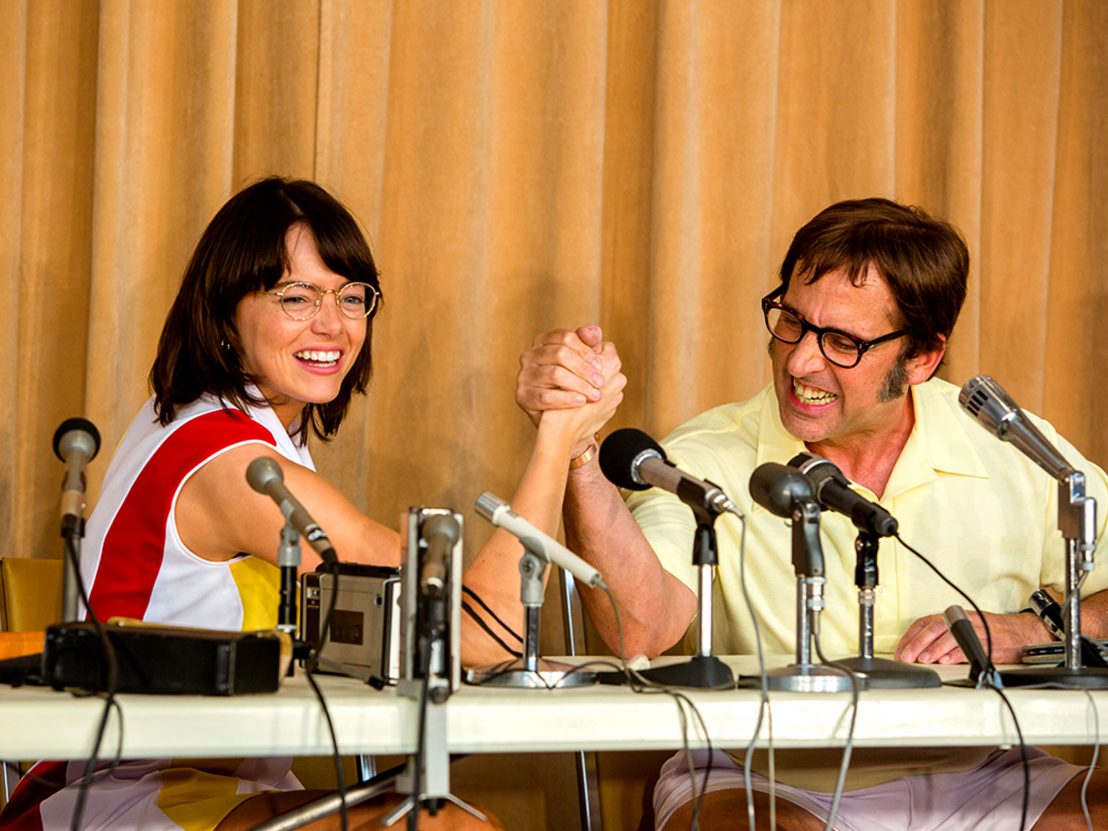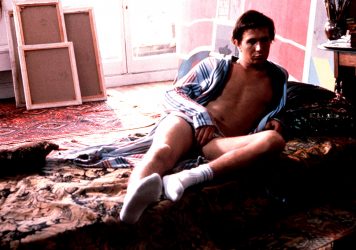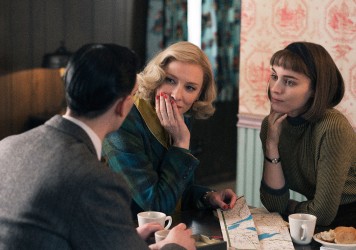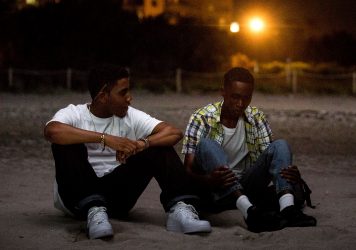
Jonathan Dayton and Valerie Faris’ new film Battle of the Sexes brings to life a notorious moment in the world of sport and celebrity. Emma Stone plays Billie Jean King and Steve Carell Bobby Riggs in a dramatisation of their infamous 1973 tennis match. It’s an intriguing true story worthy of the big screen, one made even more so by the fact that 39-time Grand Slam Champion King was one of the first high-profile athletes to come out as gay. While trailers can be deceiving, the film presents her sexuality in a positive, progressive light – it’s part of who she is, rather than a main plot point. This hasn’t always been the case for Hollywood, where sexuality is still an issue that is either ignored or presented as a problem.
A recent report by advocacy group GLAAD outlined the extent of the problem. In their annual ‘Studio Report’, which analyses Hollywood films’ depictions of LGBTQ+ characters, representation slipped with all major studios. If the sheer presence of LGBTQ+ characters are a problem, then it stands to reason representation of LGBTQ+ people of note is just as much of a problem. Many prominent historical figures have either not been portrayed significantly on film or had their personal life glossed over.
RuPaul’s Drag Race is now something of a TV institution, and drag culture itself more popular than ever, yet very few biopics of drag icons exist. For instance, aside form a 2013 documentary there’s been no feature film made about the life of Divine, the Baltimore character actor who helped bring drag iconography into the mainstream via his collaborations with John Waters. Divine’s influence on drag culture as well as film and theatre is still felt today, yet it seems unlikely that his story will be told on film any time soon.
Or how about the equally fascinating life of musician Little Richard, the flamboyant and openly gay singer who influenced everyone from The Beatles to Outkast. The only chronicle of him is a 2000 TV movie which, according to one review, “dances around” his sexuality. One can’t help but wonder if a similar issue has prevented the long-gestating Freddie Mercury biopic from moving forward, with the singer’s personal life being so closely linked to his mythology.
Some legends are less well-known than others, but you really don’t have to look far to find interesting subjects. Take Sally Ride, who in 1983 became the first American woman to travel to space, overcoming prejudice to make history before spending the rest of her days promoting science and space exploration, particularly to young women. She also happened to have a female partner for the last 27 years of her life, making her the first LGBTQ+ astronaut. Just as 2016’s Hidden Figures celebrated lesser-known NASA pioneers, the extraordinary life of Sally Ride is ripe for a major biopic.
In Britain, war poet Siegfried Sassoon is a name that will be recognisable to any school child studying life from the perspective of a World War One soldier. Incredibly, he has not been examined on the big screen beyond the crowded ’90s drama Regeneration (aka Behind the Lines), which barely touches upon the same sex relationships that many historians point to as being crucial to understanding his life and work. The implication is that his sexuality was ‘problematic’, much in the same trivial manner with which The Imitation Game handled the private life of Alan Turing.
Another baffling omission came in Roland Emmerich’s 2015 drama Stonewall, which despite its overtly LGBTQ+ themes opted to minimalise the role of noted gay liberation activist Marsha P Johnson, a passionate campaigner believed to be one of the key figures at the Stonewall riots in 1969. Her story is still waiting to be told.
Despite the damning figures published by GLAAD, the first half of 2017 has shown promise for those wanting a more varied Hollywood. Positive portrayals of gay characters in blockbusters such as Power Rangers and Beauty and the Beast show a mass audience accepting of a more diverse range of characters. And of course there’s Moonlight became the first LGBTQ+-themed Best Picture winner at the 2017 Academy Awards.
Emma Stone’s choice to make Billie Jean King her first role after winning her Best Actress Oscar for La La Land underlines the wealth of characters that are available to actors working in Hollywood. Fellow Oscar winner Jared Leto will also soon be playing Andy Warhol in the first studio film to take the artist as its main focus, having appeared as a supporting character in films about his contemporaries. These remain notable exceptions in what is, for the moment, a largely conventional cinematic landscape. We can only hope that films like Battles of the Sexes will lead to wider representation of real-life LGBTQ+ icons on screen.
Published 10 Jul 2017

Gary Oldman delivers a sensational turn in this biopic of the late playwright Joe Orton.

Inspired by Todd Haynes’ Carol, explore our potted history of great films that depict gay lives on screen.

By Josh Lee
By not showing physical intimacy, Barry Jenkins allows sexuality to surface in his film in other ways.